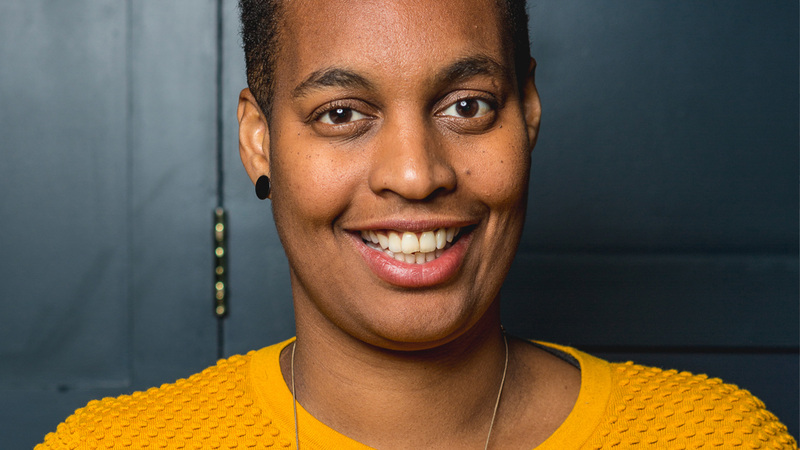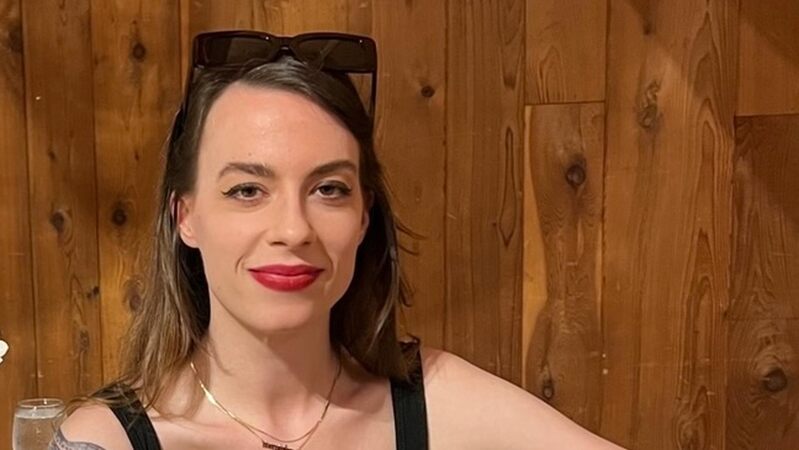You are viewing your 1 free article this month. Login to read more articles.
Growing a book tree
In 2015, I was shortlisted for the Times/Chicken House Children’s Fiction competition with my story “The Gallows Dance”. It told the tale of a forbidden love against the backdrop of a dystopian world, where normal people work as slaves for genetically enhanced humans. Later that year, Chicken House asked if I could use this world as the setting for an original idea, submitted to The Big Idea Competition by Angela McCann. Her idea was “The Fandom”, which transports a group of fans into the world of their obsession. Chicken House asked me to write a group of real-life fans into “The Gallows Dance”; my original novel would become a book within a book.
 After initially panicking that I knew very little about fandoms— followed by the inevitable elation of getting my first publishing deal—I set about what sounded like a fairly simple task: cutting and pasting, adding some new characters, and a bit of a re-write. It makes me smile to think how naïve this was. The Fandom was written from scratch, word by word, like most books out there. So how did writing someone else’s idea differ from writing my own idea?
After initially panicking that I knew very little about fandoms— followed by the inevitable elation of getting my first publishing deal—I set about what sounded like a fairly simple task: cutting and pasting, adding some new characters, and a bit of a re-write. It makes me smile to think how naïve this was. The Fandom was written from scratch, word by word, like most books out there. So how did writing someone else’s idea differ from writing my own idea?
I know it’s a bit cheesy, but the tree analogy answers this question well: Angela created a seed; Chicken House and The Big Idea planted that seed; and I watered and nourished it with characters, relationships and plot, so that it grew into the lovely, strong book-tree it is today. From when the seed was planted, I don’t think the writing process differed much from any other book. I plotted and re-plotted, created characters I loved and then made them suffer, rewrote the ending a hundred times, rewrote the beginning a thousand times, edited until my fingers dropped off.
Perhaps the main difference when developing someone else’s idea rather than your own is in how you feel about writing it. In some ways, it took a lot of the pressure off. After all, a group of successful industry professionals had already deemed it a killer idea. But the flipside to this was the fear of failure: would I always be the author who killed the killer idea? But writing, at least in my experience, is an emotional pick ‘n’ mix. So writing The Fandom, even on an emotional level, was no different from writing any other book.
I think the main difference between writing The Fandom and any other novel was actually quite concrete. I wrote two books, and ended up with one. It took twice as long but I learned twice as much, and I hope my beautiful, strong book-tree will be all the more enriched for it.
Anna Day’s The Fandom (Chicken House) will be published on 4th January. Find out more about this year's The Big Idea competition here.















